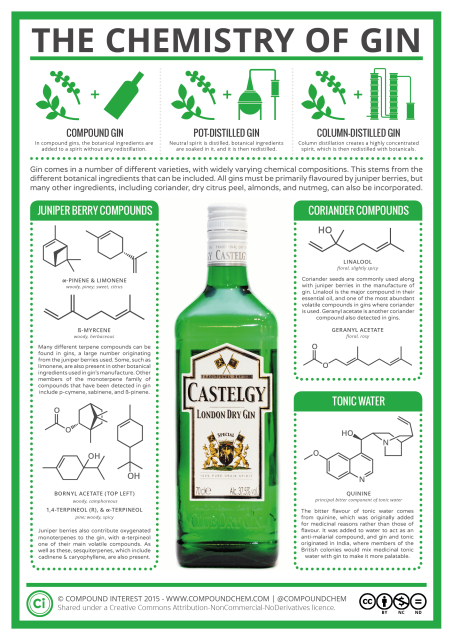Sarah Hoyt digs into the archive to find a particularly appropriate post from the distant past:
I know this goes completely against everything you’ve ever heard and learned. History — and SF — is full of dreamers who are convinced that if women ruled the world it would all be beauty flowers and non aggression. (To these dreamers I say spend a week as a girl in an all-girl school. It will be a rude awakening.)
Dreamers of the Dan Brown stripe posit a peaceful female worship, with yet more beauty and flowers and non-aggression. They ignore the fact that 99% of the goddess-worshipping religions were scary. And don’t tell me that’s patriarchal slander — it’s not. The baby-killing of Astoreth worship has been documented extensively. (Of course, the Phoenicians were equal-opportunity baby killers.) The castrations of Cybele worship were also well documented. Now, I can hardly imagine a female divinity without imagining hormonal episodes requiring appeasement — but that’s because I’m a woman of a certain age, and that’s fodder for another altogether different discussion. Suffice it to say that the maiden and mother usually also had a crone persona who was … er… “not a nice person.”
Anyway — all this to say since I joined the MOB (Mothers Of Boys) the scales about such things as the inherent equality of men and women as far as their brain structure and basic behavior have fallen from my eyes. (Well, the scales that remained. My experience in school notwithstanding, I’d been TAUGHT that females were getting the short end of the stick and that’s a hard thing to overcome. Learned wisdom is so much more coherent than lived wisdom, after all.)
Again — indulge me — I’m going to make a lot of statements I can too back up, but which would take very, very, very long to document — so it will seem like I’m ranting mid air. Stay with it. If I feel up to it later, I’ll post some references.
Yes, women have been horribly oppressed throughout history including the rather disgusting Victorian period that most Americans seem to believe is how ALL of history went. I contend, though, that women were not oppressed by some international conspiracy of males — yes, I know what Women’s Studies professors say. I would however remind you we’re talking of a group of people who a) have issues finding their own socks in the dresser they’ve used for ten years. b) Are so good at communicating as a group that they couldn’t coordinate their way out of a wet paper bag, or to quote my friend Kate, couldn’t organize a bonk in a brothel. (In most large organizations the “social/coordinating” function is performed by females at various levels.) c) That women being oppressed by a patriarchy so thorough it altered history and changed all records of peaceful female religion would require a conspiracy lasting thousands of years and involving almost every male on Earth. If you believe that, I have this bridge in NY that I would like to sell you. — Women were oppressed by their own bodies.
Throughout most of history women had no safe and effective means of stopping pregnancy. — please, spare me the “herbal” remedies. I grew up in a village that had little access to medicine. If there had been an effective means of preventing pregnancy we’d have known it. TRUST me. There are abortificients, but they endanger the mother as well. However, until the pill there was no safe contraceptive. The herbal contraceptive is a plot device dreamed up by fantasy writers. Also, btw, the People’s Republic of China TESTED all these methods (including swallowing live tadpoles at the full moon.) NONE of them worked. SERIOUSLY.*
What this meant in practical fact is that most women were pregnant from menarche to menopause, if they were lucky to live that long. I’ve been pregnant. If you haven’t, take it from me it’s not a condition conducive to brilliant discourse or reasoned logic. On top of that, of course, women would suffer the evils of repeated child bearing with no rest. In effect this DID make women frail and not the intellectual equals of men. And it encouraged any male around to “oppress” them. I.e., when the majority of females around you need a minder, you’re going to assume ALL females need a minder. It’s human nature. Note that beyond suffrage, the greatest advance in women’s equality came from the pill. Not a coincidence, that.




